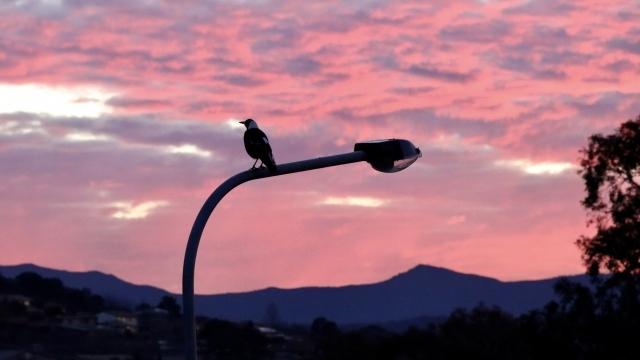
We are now living in the age of expansive urbanisation, with estimates suggesting that nearly 60% of the world’s population – some 4.4 billion people – reside in cities (World Bank, 2023), with this trend only set to intensify over the coming decades (Rose and Fitzgerald, 2022). While cities provide mass refuge, stimulation and capital, this can come at an environmental cost. For example, the continual extraction of natural landscapes and resources often encroaches on, contaminates and disturbs the naturally occurring, fragile habitats of various non-human species, and puts pressure on the planet’s ecosystems and biodiversity. It can also bring humans into more frequent contact (and conflict) with risky nature in the form of dangerous (and displaced) animals or environmental agents such as bushfires, floods and pathogens. Of course, the adverse harms associated with such encounters are not distributed or felt evenly, disproportionately burdening marginalised groups comprised of humans and non-human organisms. It is the urban poor in Jakarta who most acutely experience the devastation caused by deluges and disease transmission, just as a recent UN report forecasts that around one million non-human species are facing extinction as a consequence of human activity.
Urbanites often participate in consumer-driven lifestyles that are increasingly disconnected from and devoid of nature, or that approach forms of nature instrumentally as commodities to be exploited or risks to be governed. And yet, mega-events such as the COVID-19 pandemic and ensuing lockdowns also highlighted the social and environmental goods that arise from exposure to urban and non-urban nature and the value that many urban dwellers place on accessing - and being in and with - green spaces. It is, however, also the case that the benefits of such nature interactions are not often reciprocal, with the presence of humans, their domestic animal companions and discarded waste generating various threats to the security and welfare of native flora and fauna species. Despite these trends, setting up simple binaries between processes of urbanisation and a reified and pure ‘nature’ is also not a fruitful pursuit. Instead, the complex ‘natures’ interwoven into urban spaces, multiple modes of inhabitation, and the myriad co-dependencies, adaptations and convivialities shaping urban life – noble foxes, ‘bin chickens’ and problem wildlife – demand a more nuanced conceptual and methodological approach.
It is at this interdisciplinary interface that the workshop focuses attention. How might some of the processes and problems outlined above be approached and made sense of from different disciplinary perspectives? How can contrasting epistemologies, ontologies and evidence bases be mobilised and brought into conversation to address and resolve some of these urban-nature challenges, dynamics and relationalities? How can or does nature respond in diverse, agentive and resistive ways to the age of the human and the city? Can divergent forms of nature earn or be afforded the right to the sprawling, human-machine dominated and carbon-rich city? Are these even problems worth considering given the entrenched inequalities and injustices underpinning social relations both in cities and in rural areas? This transdisciplinary workshop brings into dialogue and critical tension different bodies of knowledge to explore some of these key questions and issues. Topics and threads for discussion and debate over the day might include:
- Climate change, urban living and sustainable cities
- Governing urban nature and designing eco-cities
- Urban encroachment and biodiversity loss
- Interspecies relations, conflict and biophobia
- More-than-human, post-anthropocentric and multi-user cities
- Urban stress, green space and therapeutic dividend
- Rewilding urban space and subjectivities
- Community nature education and conservation
- Environmental crisis and resilient urban nature
Additional Information
• Registration is required for this event.
• If you do not feel well, please refrain from attending this event.
• By registering for this event, you are accepting our privacy policy.
Location
Speakers
- Nikolas Rose
- Roger Burrows
Contact
- Gavin Smith